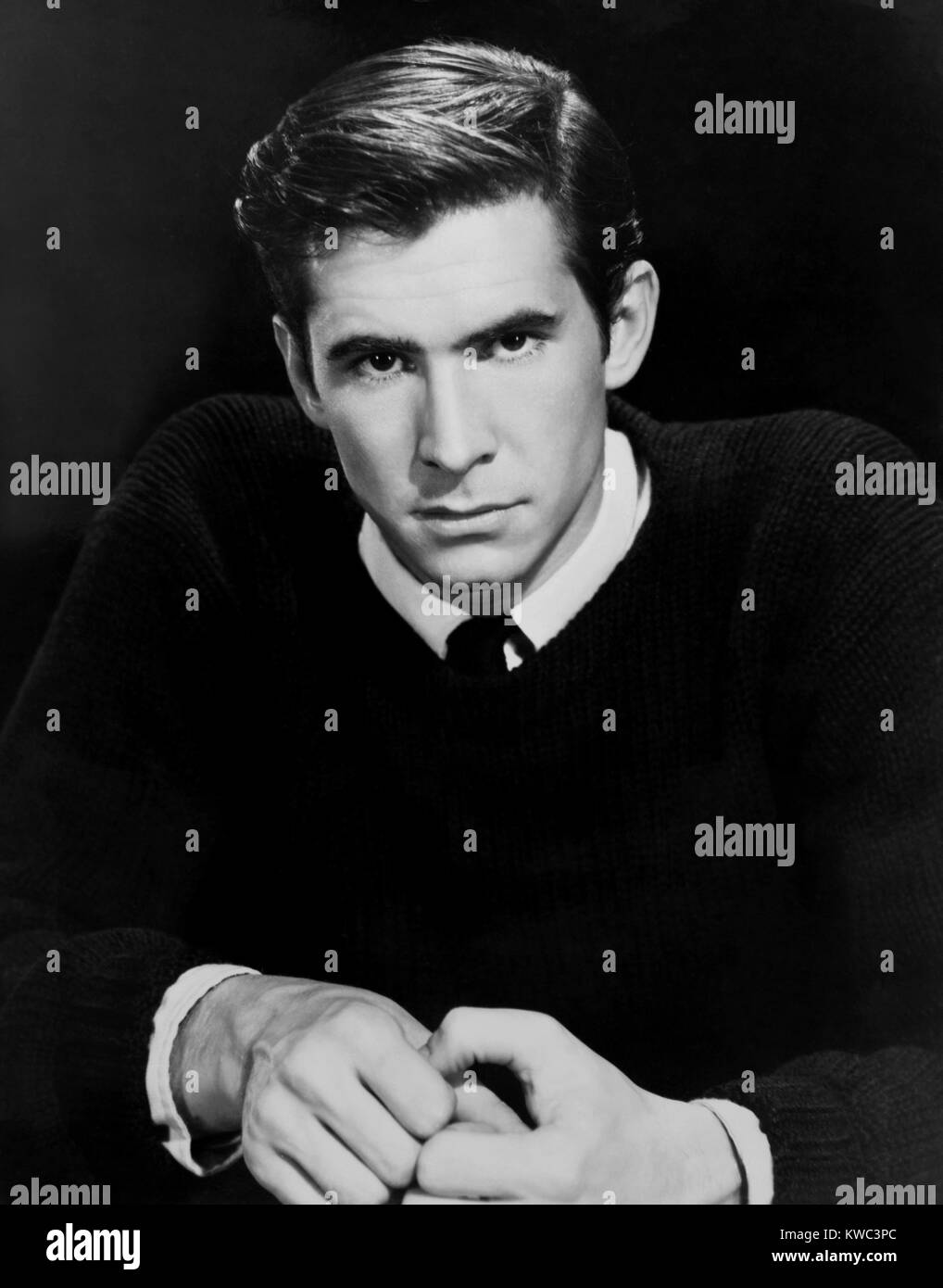Anthony Perkins, the iconic actor best known for his chilling portrayal of Norman Bates in Alfred Hitchcock's Psycho, left an indelible mark on cinematic history. Despite being paid a modest $40,000 for his role, Perkins' performance in the 1960 psychological thriller cemented his place as one of Hollywood's most memorable actors. However, this defining role also led to him being typecast, a challenge that would shape much of his later career.
The Making of a Masterpiece
Hitchcock’s decision to adapt Robert Bloch's 1959 novel into a film was met with skepticism from both the studio and his wife. Yet, the director's vision prevailed, resulting in a groundbreaking work that redefined the horror genre. The screenplay, penned by Joseph Stefano, brought Bloch's dark tale to life, starring Perkins alongside Janet Leigh, Vera Miles, and John Gavin. Perkins' ability to shatter the innocent good guy image through his nuanced portrayal of Bates remains a testament to his acting prowess.
A Career Defined by One Role
After Psycho, Perkins found it challenging to escape the shadow of Norman Bates. Fans often associated him solely with the character, making it difficult for him to secure diverse roles. Yet, Perkins embraced the legacy, calling it his favorite role. Thousands of admirers approached him over the years, expressing their admiration for his unforgettable performance. Even as he ventured into other projects, including winning the Cannes International Film Festival's Best Actor Award, Perkins remained forever linked to Psycho.
Behind the Scenes: Perkins and Hitchcock
Rare candid photographs from the set of Psycho capture the dynamic between Perkins and Hitchcock. These images reveal the collaborative spirit that fueled the film's success. Perkins’ transformation into Bates was not merely superficial; his piercing eyes, described as extremely black, almost pool-like, added depth to the character under John L. Russell's cinematography. This attention to detail ensured that Norman Bates would haunt audiences long after the credits rolled.
Life Beyond Psycho
Though Perkins struggled with typecasting, he continued to explore various genres throughout his career. His versatility is evident in films like The Fool Killer (1965) and The Champagne Murders (1967). Despite these efforts, he returned to the Bates persona in sequels such as Psycho II (1983) and Psycho IV: The Beginning (1990). During the filming of the latter, Perkins battled facial palsy while quietly managing his diagnosis of AIDS—a fact he kept private until his passing in 1992.
Legacy and Reflection
In interviews conducted near the end of his life, Perkins reflected fondly on Psycho, honoring its impact on cinema and culture. He acknowledged the dual-edged sword of fame, noting how the role simultaneously elevated and confined his career. For over 40 years, the HFPA has preserved oral histories of legendary figures like Perkins, ensuring their stories endure. The world's largest collection of such recordings offers invaluable insights into the lives and careers of those who shaped entertainment history.
Conclusion
Psycho remains a cornerstone of horror cinema, thanks in large part to Anthony Perkins' haunting portrayal of Norman Bates. While the role may have limited his opportunities, it also immortalized him as a master of suspense. As we reflect on his contributions to film, Perkins' legacy serves as a reminder of the profound influence a single performance can have on an actor's career—and on the world of cinema itself.

